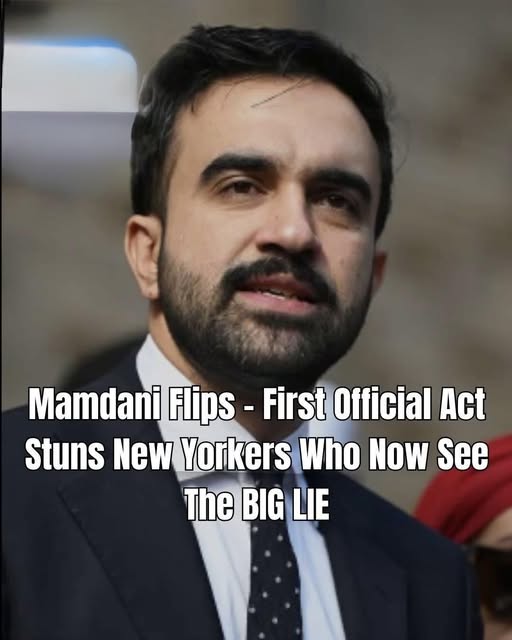Still, optimism soon met reality. Economists and policy experts began questioning whether the city could afford such sweeping reforms. Free transit, they noted, could create massive budget gaps for the Metropolitan Transportation Authority, which depends heavily on fare revenue. Rent freezes, while popular with tenants, could slow new construction and strain small property owners.
Dr. Alan Siegel, an economist at NYU, cautioned that without a coordinated funding strategy, such policies “could slow economic growth just as the city’s recovery gains traction.”
Mamdani’s proposed solution — a municipal wealth tax targeting the city’s richest individuals and corporations — is bold but controversial. It would require state approval, a significant obstacle. “The wealthiest among us have benefited enormously from this city,” Mamdani said at a press conference outside City Hall. “It’s time they give back in a way that reflects that.”
His critics warn that such rhetoric could deter investment. “Talk of wealth taxes and rent freezes makes investors nervous,” said real estate analyst Lisa Keane. “When capital leaves, the impact often falls hardest on everyday workers.”
To Mamdani’s backers, however, the pushback only reinforces their conviction. “He’s not asking working people to fund luxury,” said Priya Shah, a community organizer from Queensbridge. “He’s asking us to participate — to stay involved. That’s how real change happens.”
The idea echoes strategies used by other grassroots politicians who rely on small, voluntary donations to fuel their movements. Mamdani has often said that “every five-dollar contribution represents shared ownership of a better future.”
But while the symbolism is powerful, the new mayor-elect faces daunting realities. The MTA’s budget deficit is projected to exceed $3 billion within two years. Homelessness has reached record highs. And many neighborhoods outside Manhattan continue to struggle with underemployment and lack of investment.
For many, Mamdani embodies both hope and uncertainty. His energy and idealism have energized younger voters, while his critics question whether such sweeping promises can survive the pressures of governing a complex city.
Political analyst Marcus Raines summed it up as “a mix of optimism and caution.” He noted, “New Yorkers want bold ideas, but they also want stability. The challenge is balancing the two.”
Even some progressive allies admit the timing of Mamdani’s fundraising appeal may have been misjudged. “It’s not wrong to keep people engaged,” said one city council member privately, “but perception matters. You have to show results before asking for more support.”
Mamdani’s campaign team insists the message was misunderstood. “This isn’t about collecting money — it’s about participation,” a spokesperson explained. “If you want a government that listens to the people, it has to be built with them, not just for them.”
That idea reflects a broader tension in modern politics: how to transform moral conviction into effective governance. Turning ideals like “free transit” or “housing for all” into reality requires legislative cooperation, long-term funding, and administrative discipline — not just enthusiasm.
Still, Mamdani’s supporters believe his victory has already reshaped the political conversation. “Even talking about housing and transit as public rights is a breakthrough,” said labor organizer David Tran. “Ten years ago, those ideas were dismissed outright.”
Mamdani’s rise also mirrors a wider movement in American cities, where younger leaders are blending progressive values with local action. Whether they can turn ideals into sustainable policy remains to be seen.
At a recent gathering in Jackson Heights, Mamdani addressed a crowd of volunteers and supporters. “The people who built this city are the ones who will rebuild it,” he declared. “The powerful will push back — but we’re stronger when we stand together.”
The crowd responded with cheers, signing up for committees on housing, climate, and transit reform. Donations — modest but consistent — began flowing in again.
As the evening ended, Mamdani’s closing words captured both his ambition and his defiance: “They say our dreams are unrealistic. But every great change in this city began as an impossible dream. We’re not just here to govern — we’re here to prove that justice and progress can work hand in hand.”
For now, New York City waits to see whether Zohran Mamdani’s promise of a fairer, more inclusive city can become more than an ideal — and whether his call for collective action will inspire the very people he seeks to uplift.

